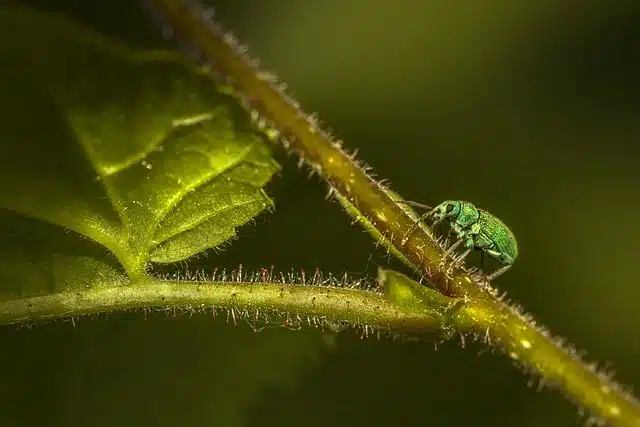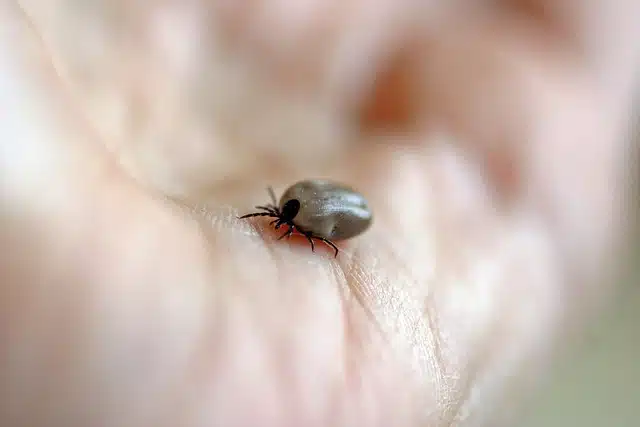
Parasitology is dedicated to the analysis of parasites.
Parasitology is the area of biology that is responsible for the study of parasites . A parasite, in turn, is an organism that feeds on specimens of other species, living off of them and affecting them although without killing them.
This term, etymologically speaking, comes from Greek. Exactly, it has been formed with, on the one hand, the noun parasites , which was used to refer both to “the one who is next to the wheat” and to certain magistrates and even to citizens who were fed by the State. And, on the other hand, with the word logos , which is synonymous with both “treaty” and “word.”
Specifically, to talk about parasitology it is necessary to take into account not only the term parasite but also the term host . The latter is a living organism that has the appropriate conditions for the aforementioned parasite to establish itself.
Parasitology and parasitism
Parasitism , therefore, is the phenomenon that interests parasitology. This is the name given to the association that parasites establish with their hosts. Experts in this scientific discipline also focus on parasitosis : the diseases caused by parasitic beings.
In the same way, it must be emphasized that it is important to know another series of terms, in addition to those already mentioned, that are related to parasitology. We are referring to the following:
– Parasitemia , which can be defined as the situation that is caused when there are parasites in the blood.
– Parasitiatis , which is the term used to refer to the association between two organisms that maintain a remarkable balance and which leads to no symptoms of any kind.

Currently, parasitology is part of biology.
The case of viruses, fungi and prokaryotes
By convention, parasitology is oriented toward eukaryotic parasites such as arthropods , nematodes , cestodes , trematodes , and protozoa .
Other parasites, such as fungi , viruses and prokaryotes , fall under the purview of microbiology (the science that studies microbes, which are single-celled organisms only visible through a microscope).
Beginnings of parasitology
It is also important to know that parasitology has its starting point in Ancient Greece . And it is considered that it was Aristotle who discovered a series of intestinal worms. Likewise, Galen and Pliny the Elder focused on carrying out the study of the parasites that exist in humans and also those found in animals.
Parasitology, in its beginnings, developed as a branch of zoology . Thus, therefore, he was in charge of the description of metazoans. With the passage of time, and the invention of the microscope, the impact of many parasites on the health of animals and humans was discovered and became a topic of interest for medicine .
Today parasitology is located as part of biology . It is possible to divide it into specializations such as phytoparasitology (investigates parasites that affect plants ), zooparasitology (generates knowledge about parasites that have animals as hosts) and clinical or medical parasitology (directed at human parasites).
